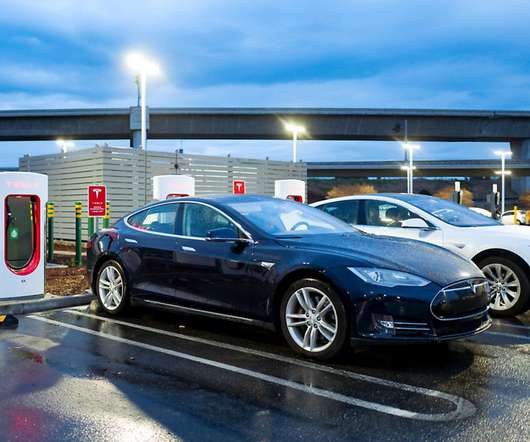New Delphi Technologies 500+ bar GDi system cuts gasoline particulate emissions by up to 50%, reduces fuel consumption
Green Car Congress
MAY 16, 2019
Reducing the number of exhaust gas particulates, including those smaller than 23 nm, will help manufacturers meet increasingly stringent future global emissions standards. —Walter Piock, chief engineer, Gasoline Systems, Delphi Technologies. This reduces emissions in regulated testing including RDE (Real Driving Emissions).


























Let's personalize your content